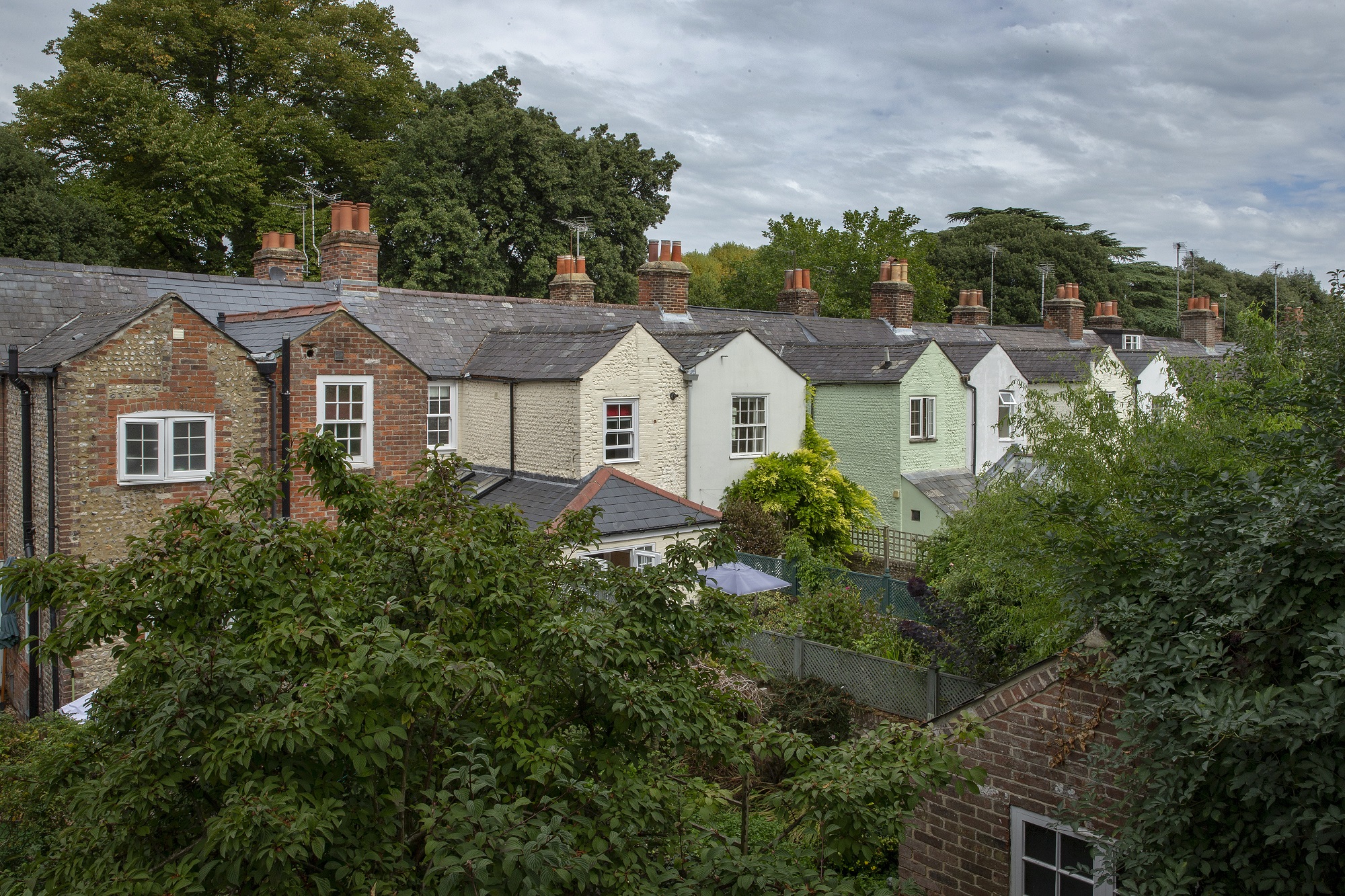A thinktank has suggested charging capital gains tax on primary residences as one potential form of taxation that could help the treasury fill the black hole in public finances left by Covid-19.
At present, primary residences are only subject to stamp duty (excluding the current stamp duty holiday) and in some cases inheritance tax, where the value exceeds threshold. But The Social Market Foundation is suggesting that levying a tax on the ‘unearned gains’ on property value increases could generate more than £600bn over the next 25 years.
Principal private residence relief means that the increase in value of the property between purchase and sale is excluded from capital gains tax. But the reports author, Michael Johnson proposes taxing this increase at a notional rate of 10%, payable at the point of sale. He calculates that this charge alone could be worth as much as £629bn. However, the report goes on to propose that if this Property Capital Gains Tax (PCGT) were being charged, the current taxes payable on primary residences in the form of Stamp Duty (SDLT) and Inheritance Tax (IHT) on qualifying properties could be abolished. The combined result of these changes would mean the Treasury still accrues over £400bn over the next 25 years.
In his report, Michael Johnson says this reform of the property tax regime would ensure the costs of recovery from Covid-19 do not fall unfairly on younger people, are only paid by homeowners when the cash was available to do so and, most importantly, would fall evenly across all sizes of property, also reflecting regional market fluctuations.
The full report can be read online at The Social Market Foundation website and includes ideas for further reforms around the pension tax regime, designed to help increase tax receipts and repay the borrowing required to support the UK economy through the Covid-19 crisis.
